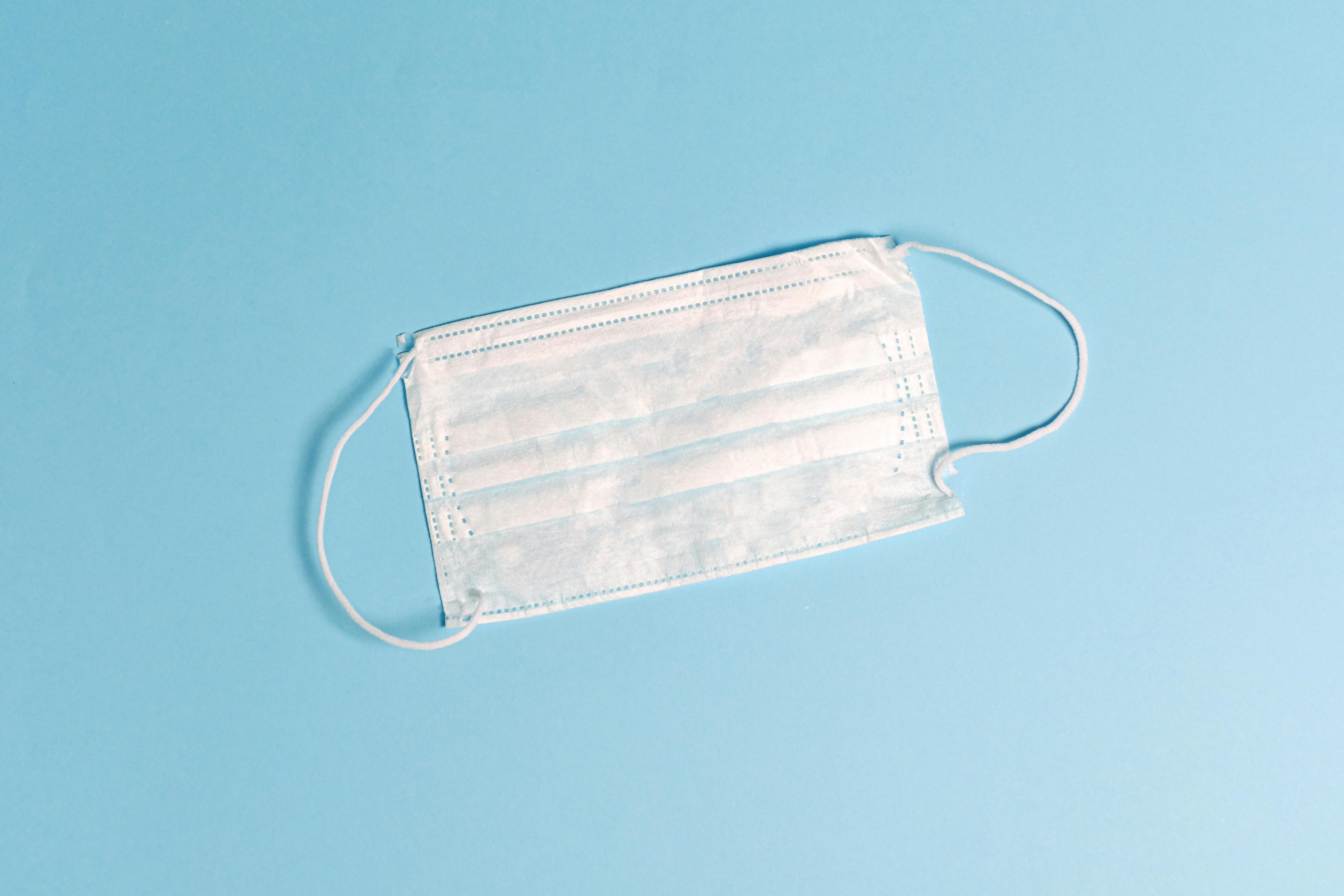What are carbohydrates?
Carbohydrates are the sugars naturally present in the foods we eat every day. These sugars can form chains in which case they are known as Starch (or Complex Carbohydrates).
Energy needs these sugars to function, these sugars are what we call energy. Because we eat complex carbohydrates, they need to be digested and broken down into individual sugars before our bodies can use them for energy.
If our carbohydrate intake is more than we need for daily functioning and we don’t burn energy by exercising, the excess sugars are stored as fat.
How do carb blockers work?
Alpha amylase is an enzyme contained in the digestive system whose function is to metabolize carbohydrates and break them down into glucose. Carb blockers target this enzyme, preventing it from working. Without glucose available to convert to fat, it becomes very difficult to gain weight from excess carbohydrates.
Carbohydrates that have been prevented from being absorbed simply pass through the body undigested. Blood sugar levels spike immediately after a meal, and carbohydrates can cause a large spike in blood sugar levels.
Shortly after a carb-laden meal, blood sugar levels drop again, which can trick your body into thinking you’re still full. Carb blockers should also help with feelings of hunger.
Who should take a carb blocker?
Some people struggle with a sweet tooth, craving sweets and cakes. If you snack on sugary foods, a carb blocker may not be the best choice because they don’t prevent the absorption of sugars. They only prevent these sugars from being released by carbohydrates in the first place.
On the other hand, if you crave carbohydrate-rich foods, such as bread and pasta, a carb blocker may be the best option. People who are on the low-carb diet, the Atkins diet, often turn to carb blockers if they find it difficult to cut carbs using willpower alone.
Do carb blockers have side effects?
Two problems arise from taking carb blockers. The first is that you can’t make sure that 100% of the carbohydrates you eat remain undigested. This is because the lower digestive tract contains many other enzymes that can break down carbohydrates into their constituent parts.
The second is that a potential side effect of the gas can occur, although this tends to subside over time.
Not all carb blockers are created equal, a diet pill known as Decarb claims to reduce carb absorption by 66%.
